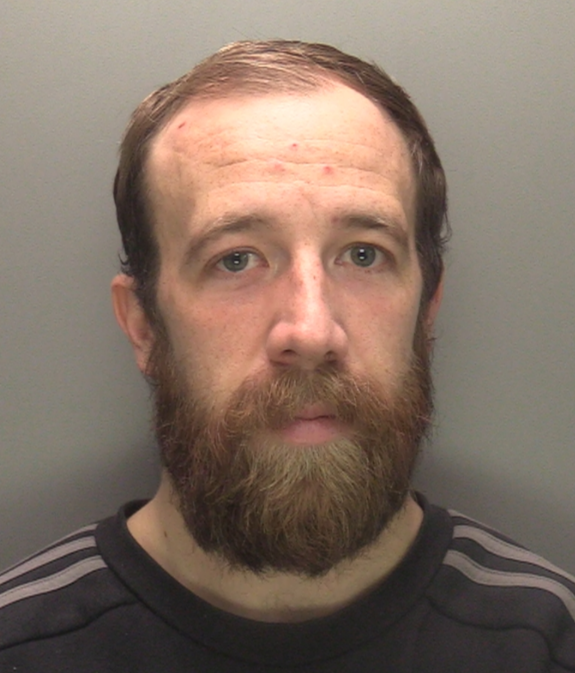Some parents start worrying about primary schools when their children are still babies.
This may be unnecessary, but it pays to think ahead. For example, you may think about moving house to be closer to a particular primary school.
Talk to local parents about the schools in your area – playgroups and children’s centres are good sources of information.
But remember that one of the most important factors is how you feel about a school when you look around on an open day.
Location is an important factor for many parents when choosing a primary school. Your child may be able to travel independently by the time they go to secondary school but at primary school you, or a carer, are responsible for getting them to and from lessons. You’ll need to consider which option suits your family best – walking, cycling, public transport or driving.
A primary school close to home should also provide your child with friends to play with in your area.
Start talking to your child about school a few months before they’re due to start.
When you’re near a school at drop-off or collection time, stop and explain to your child what’s going on.
You could arrange to go with friends when they drop off or collect their children from school – this will get your child used to the idea of “going to school”.
Before your child’s first day, practice your journey to school. If they know what to expect they’re less likely to get upset.
As their first day nears, talk to your child about what to expect. You could get books out of the library about starting school. Talk about playtime and lunchtime as well as teachers and learning.
Try to familiarise your child with letters and numbers before starting school.
If you can, read more often with your child.
When you’re out try number-spotting (eg front doors, speed limit signs).
By equipping them with skills that are helpful at school you’ll boost their confidence.
Accept that you, as well as your child, will probably be nervous.
In fact, you may be more anxious than they are! Remember that your child will be watching you closely for clues about how to cope. If you’re happy, relaxed and upbeat, your child is much more likely to be the same.






